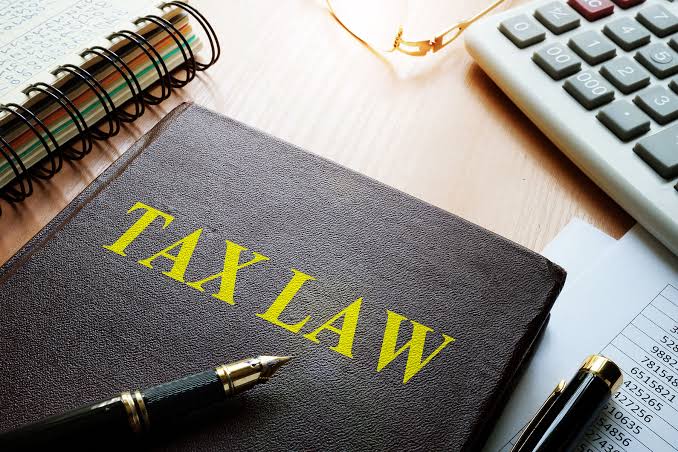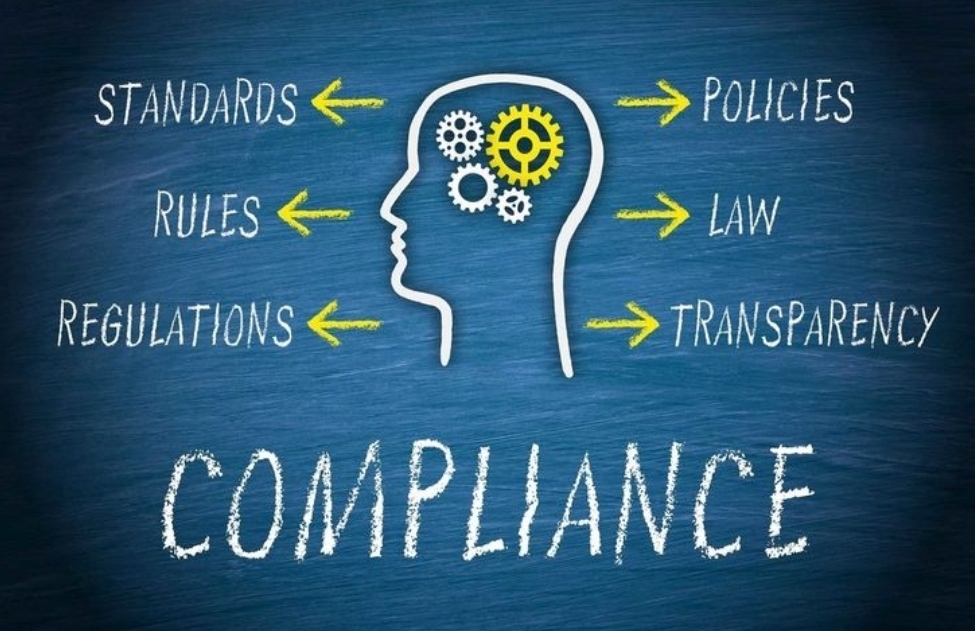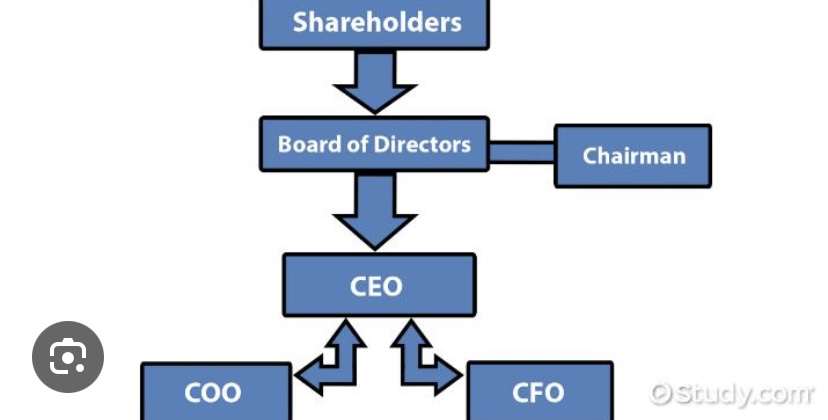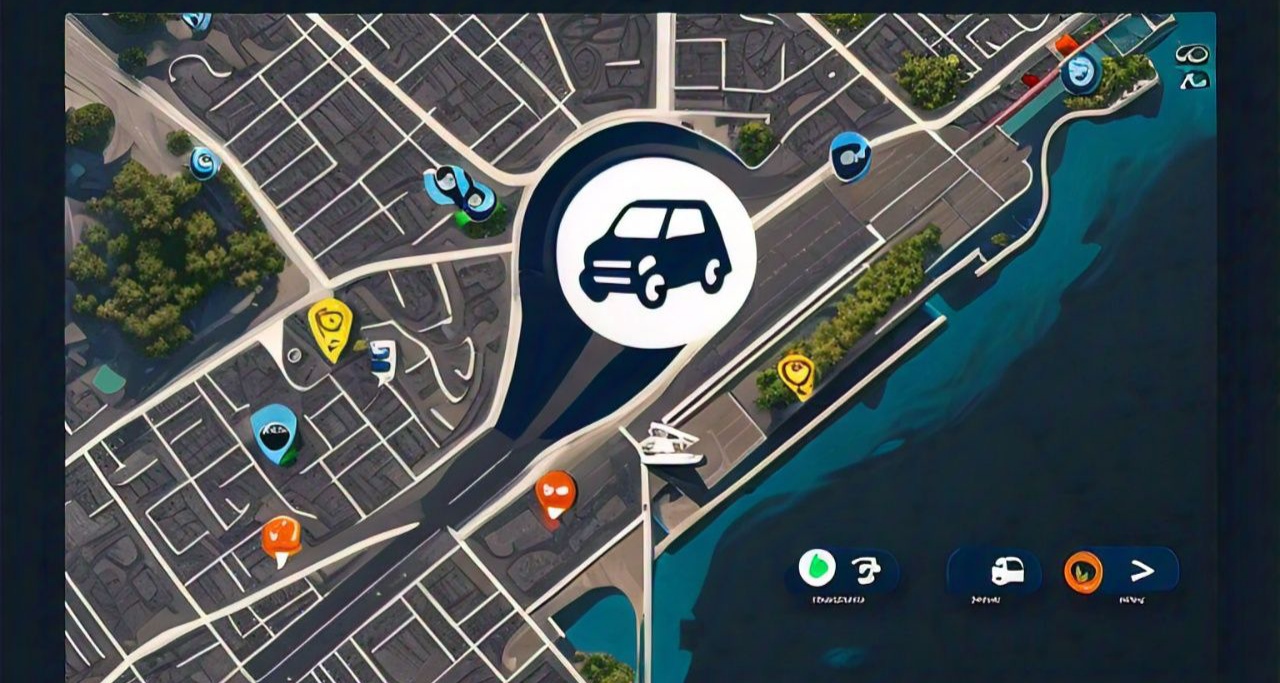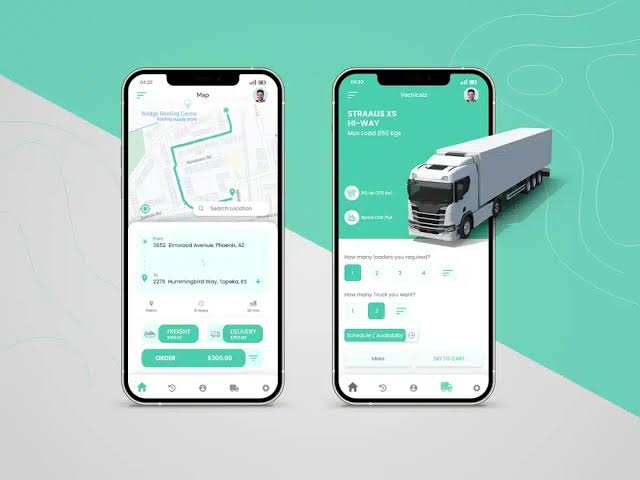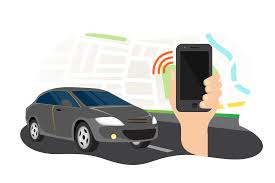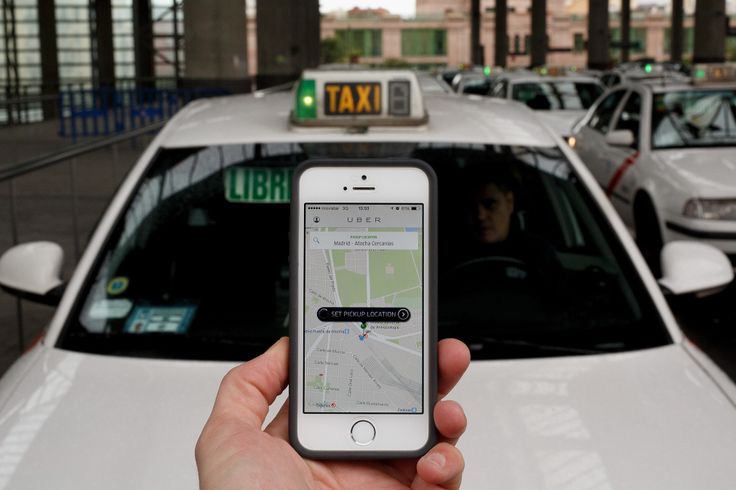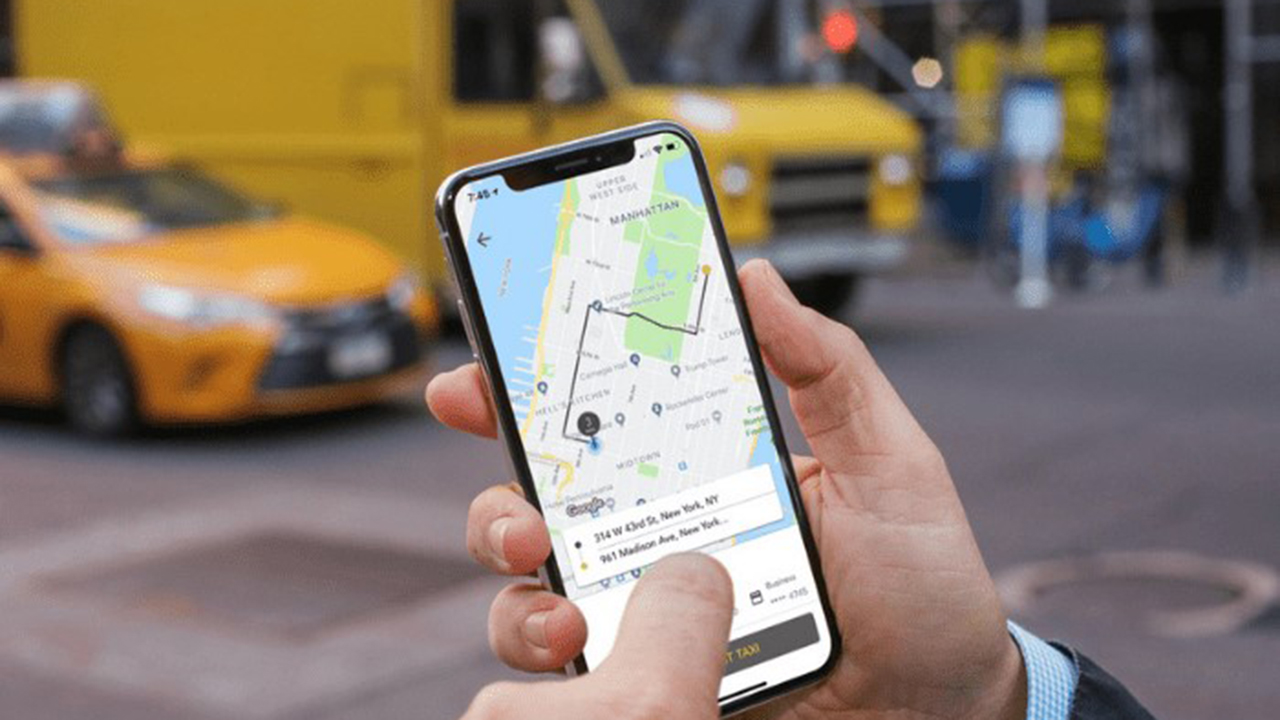
Aside transportation been an economic factor, it is essential to the existence of mankind to reach its needs, as it relates to movement of passengers, so does it entails logistics. The transportation industry, just like many industries have experienced the infusion of technology into its traditional mode of operation.
The Ride hailing business is one of such that have been re-birthed with the aid of technology aiding the transportation system. The objectives of of ride hailing businesses is to assist their diverse customers with easy navigation, provide efficient transportation system, offer reliability, affordability (however relative based on the target market).
According to Statista, a research platform projected an annual growth rate (CAGR 2024-2029) of 12.56%, resulting into a market size worth of US$477.10m by 2029. Portraying the ride hailing sector a viable industry capable of growth as the need of the industry is not ending anytime soon as long as human needs to move.
Subsequently, areas relating to the establishment of a ride hailing start up in Nigeria will be examined.
Suitable business structure for an e-hailing tech-startup in Nigeria
Businesses in Nigeria are regulated by the Companies and Allied Matters Act 2020 (CAMA 2020) amongst other laws. Knowing the right business structure is essential to incorporation of such business in Nigeria.
A limited liability company is a separate entity from the shareholders, members or directors. The shareholders (members) are limited by shares meaning in situation of insolvency, the liability of the company's shareholders are limited by the memorandum subscribed to. This structure affords the company following features such as perpetual succession, legal personality, ability to raise capital and investments amongst others. The minimum issued share capital is capped at 1,000,000 (One million Naira) for a local establishment and 100,000,000 (One hundred million Naira) when a member of the director or shareholders is a foreigner.
Due to the nature of the ride hailing business, the appropriate business structure is to incorporate such business as a limited liability company with the Corporate Affairs Commission, upon incorporation the company should also be registered with the tax body (Federal Inland Revenue Service, FIRS), the registration with tax body should be effected before the expiration of the 6 month post incorporation grace to avoid tax troubles.
Legal requirements and regulations.
One key function of law is its regulatory flavour, the ride hailing industry is regulated by various laws, first in line is the Company and Allied Matters Act 2020, which requires incorporation with the Corporate Affairs Commission and filing of annual returns as at when due.
The regulation of the ride hailing industry can be relative amongst state within the country, for instance, Lagos which is a viable thriving location although filled with competition, recently introduced the Guideline for Online Hailing Business Operations of Taxi as amended in 2023.
This guideline requires the company to obtain an operational license, this license could either be that of a service entity or that of a taxi and app operator. Service entity are companies that outsource the operational aspect to private car owners just like Uber, In Drive, bolt, whereas the taxi and app operator on the other hand own their cabs and handle their operational activities themselves leaving them to handle their app or booking platform and their taxis.
According to this guideline, the service entities with less than 1,000 drivers are required to obtain a service entry permit provisional license pegged at 10,000 while those with more than 1,000 drivers are obliged to obtain same license with 25,000,000.
On the other hand, Taxi and App Operators with or less than 50 cabs are required obtain their license fee for 5,000,000, (Five million Naira) where their cabs are more than 50, they are to obtain their license for 10,000,000 (Ten Million Naira). Quite recently, as a result of engagements between the operators and the Lagos State Government, they reached a consensus to reduce the license fee by 20% and a flat fee of 20 Naira are to be paid per ride, a cost associated to the road improvement fund.
Depending on the model which the startup must have decided to operate with, will determine which license is applicable, economically, the service entity model of operation is relatively advantageous in terms of cost and revenue, the startup only have to worry about fixed cost where the private drivers can substantially handle the variable cost like fuel, car maintenance, labour, whereas the taxi and app operator model requires huge capital investment not to mention the variable cost of maintenance.
How can the startup protect its intellectual property, such as the mobile app and business model?
The essence of protecting the intellectual property of a business like an e-hailing business with its assets like mobile app and business model is to deter infringers, protect the uniqueness of the business and retain its originality, secure competitive advantage,
Considering the nature of the business in question as a technology enabled enterprise, the appropriate step is to secure the copyright of the app to protect the app from copying and protects the originality of its elements like source code, logo, icon, graphical user interface. This can be secured by engaging our seasoned intellectual property solicitors at Metalex Legal during the development process and ensure appropriate documentation.
Another aspect is the trademark registration, the intended business name, logo or any other distinctive aspect of the business must be vetted for originality on the trademark databases, trust our diligent solicitors at Metalex Legal to help you with that. It is advisable that all confidential business information be protected as trade secrets. It is highly recommended that intellectual property and technology disputes be resolved through mediation and arbitration.
Potential challenges and risks associated with operating an e-hailing tech startup in Nigeria.
There are two sides of a coin they say, the e-hailing is not an industry with dearth of challenges and risks, the notion that there are handful of challenges when in it comes to running a business might just be true.
As a ride hailing business, efficient and effective service delivery should be the paramount focus of the firm, to ensure delivery of an efficient and effective service delivery is one of the challenges of the e-hailing sector, especially the ones under the service entity which only connects the passenger with drivers and charge a percentage. This challenge can be countered by introducing quality control and corrective measures to keep the service system in check.
Another challenge the ride hailing industry face is poor infrastructure and security concerns, security concerns like kidnapping, sexual harassment, robbery are major concerns in the country right now. Infrastructural problem like poor road network, Internet coverage, updated GPS system amongst others.
Necessary licenses and permits required to operate an e-hailing service in Nigeria
Compliance should be highly prioritized for an healthy business life and preservation of a good brand name, the following licenses and permits are required to operate an e-hailing business in Nigeria;
Company incorporation with the Corporate Affairs Commission
Operational licensing permit should be obtained (relative to states; see guidelines for online hailing business operation of taxi in Lagos State, 2020)
Driver’s license and updated vehicle documentation
Other agencies compliance checks as enforced by Nigeria Police Force, State Traffic Management Authority, Federal Road Safety Corps.




